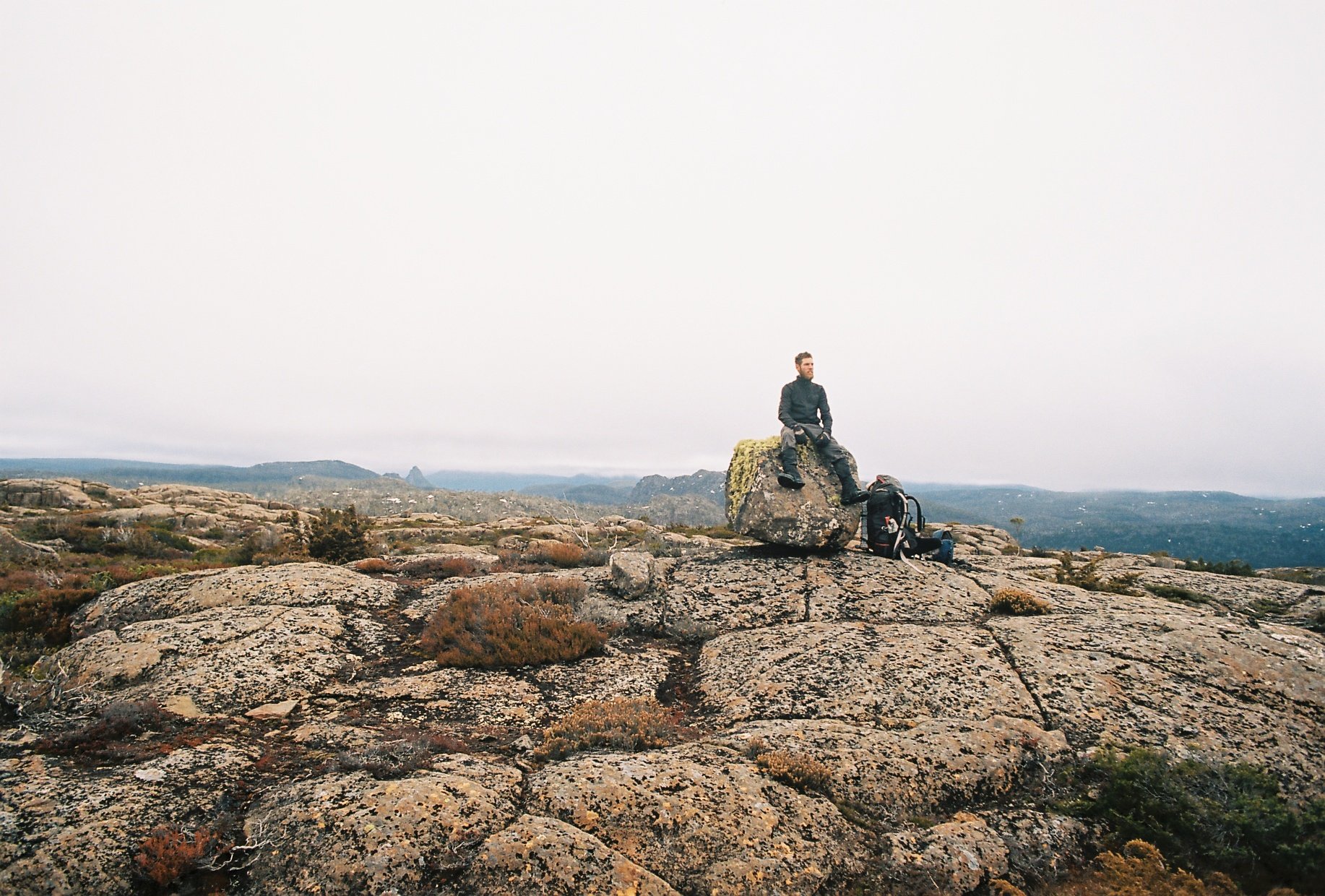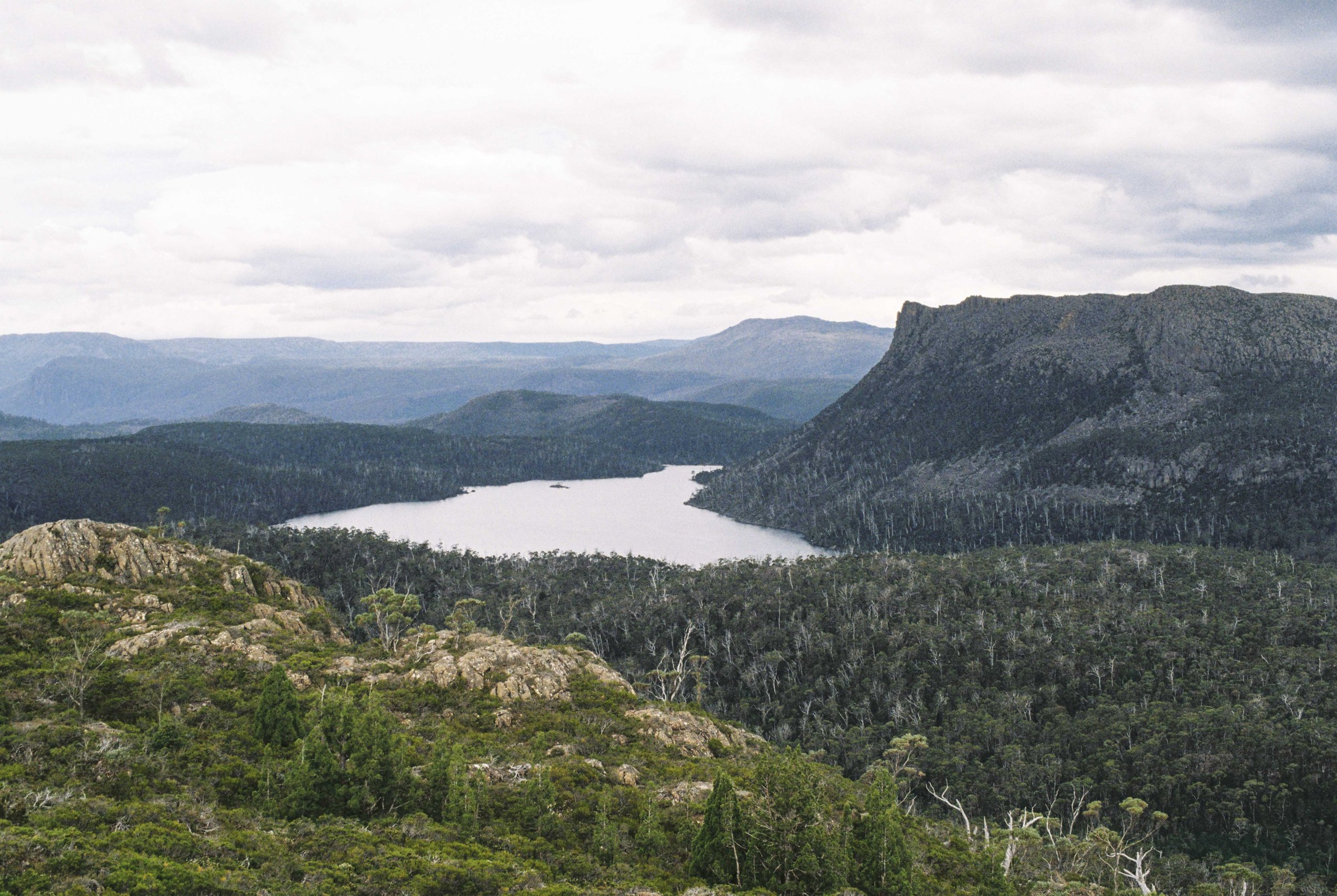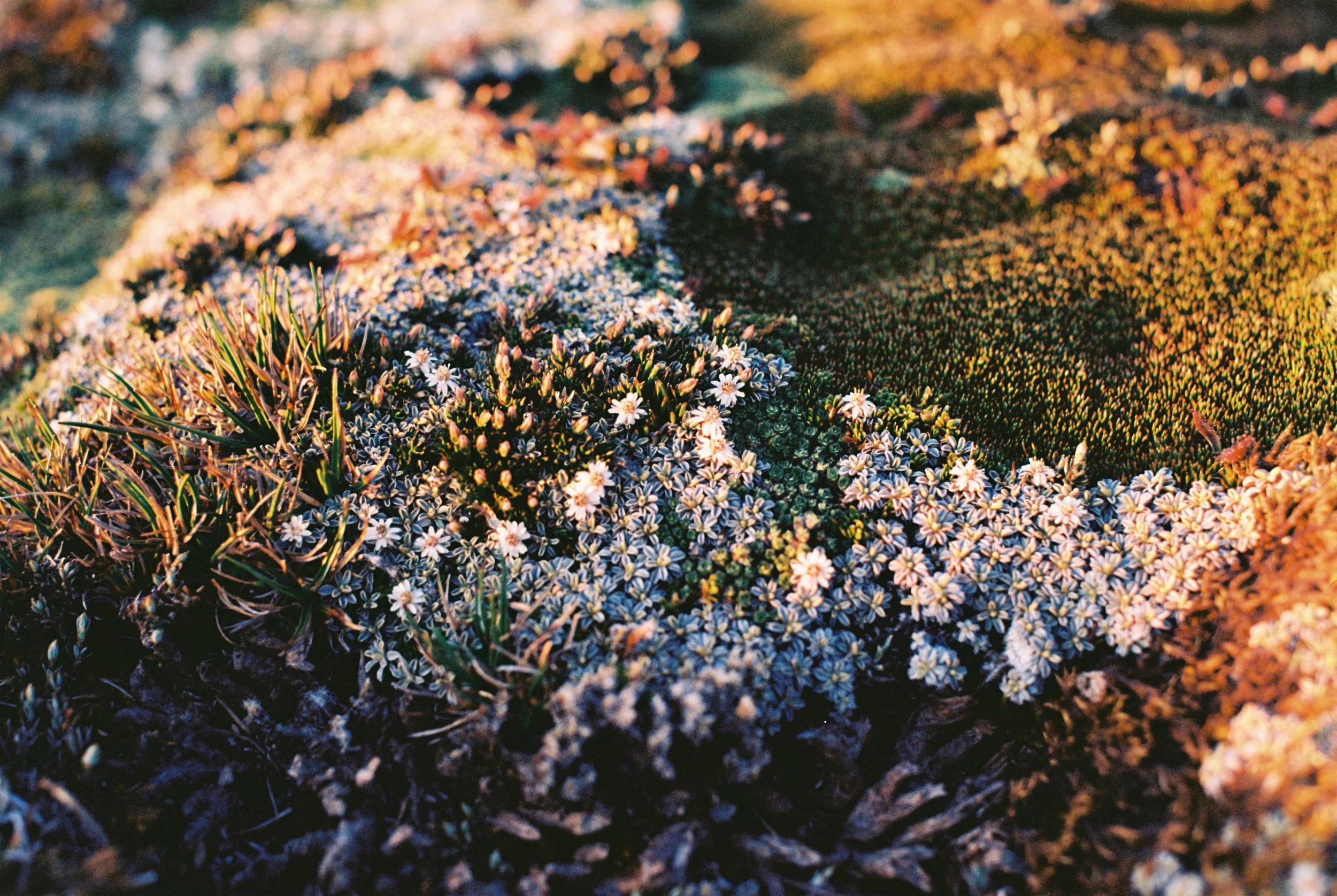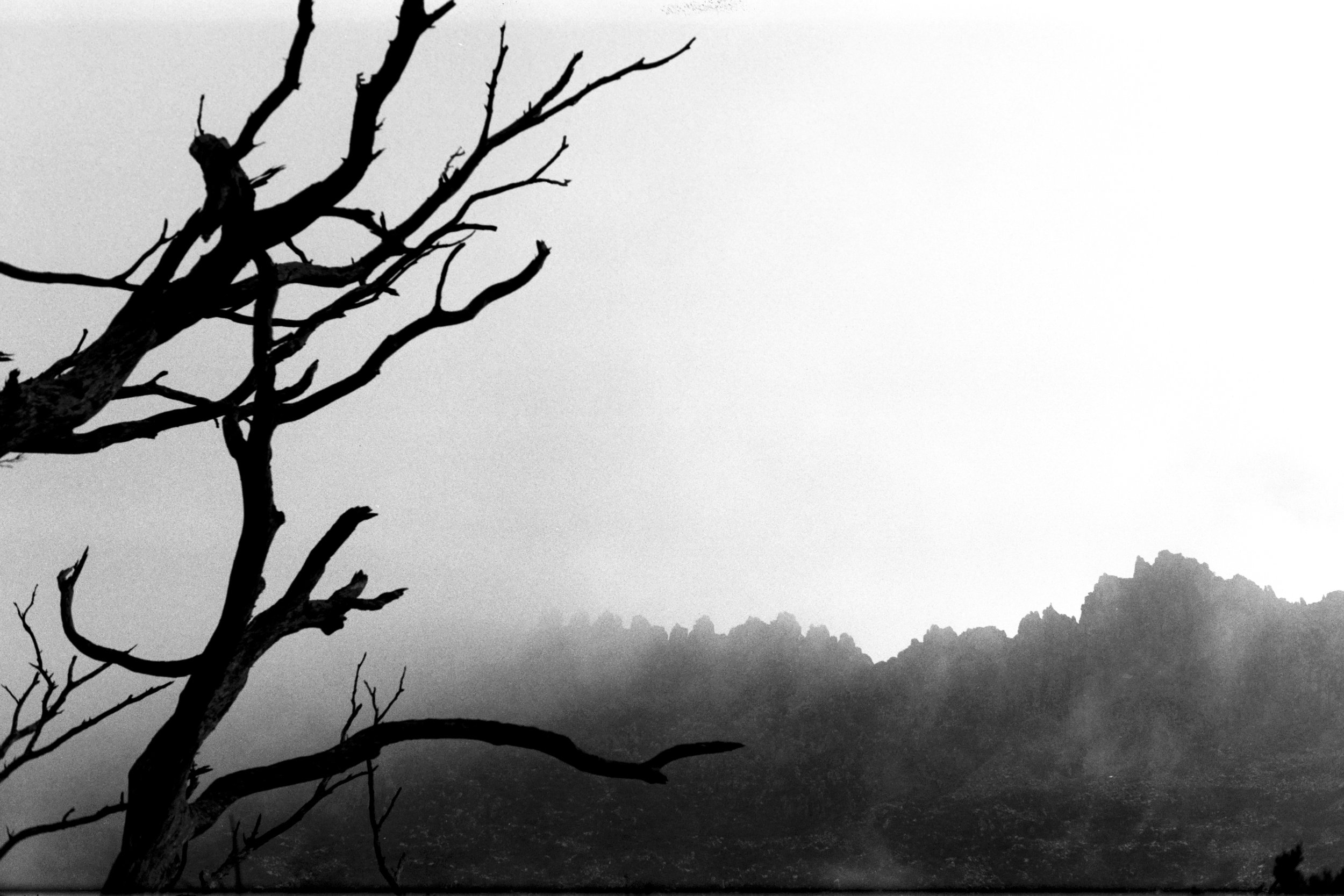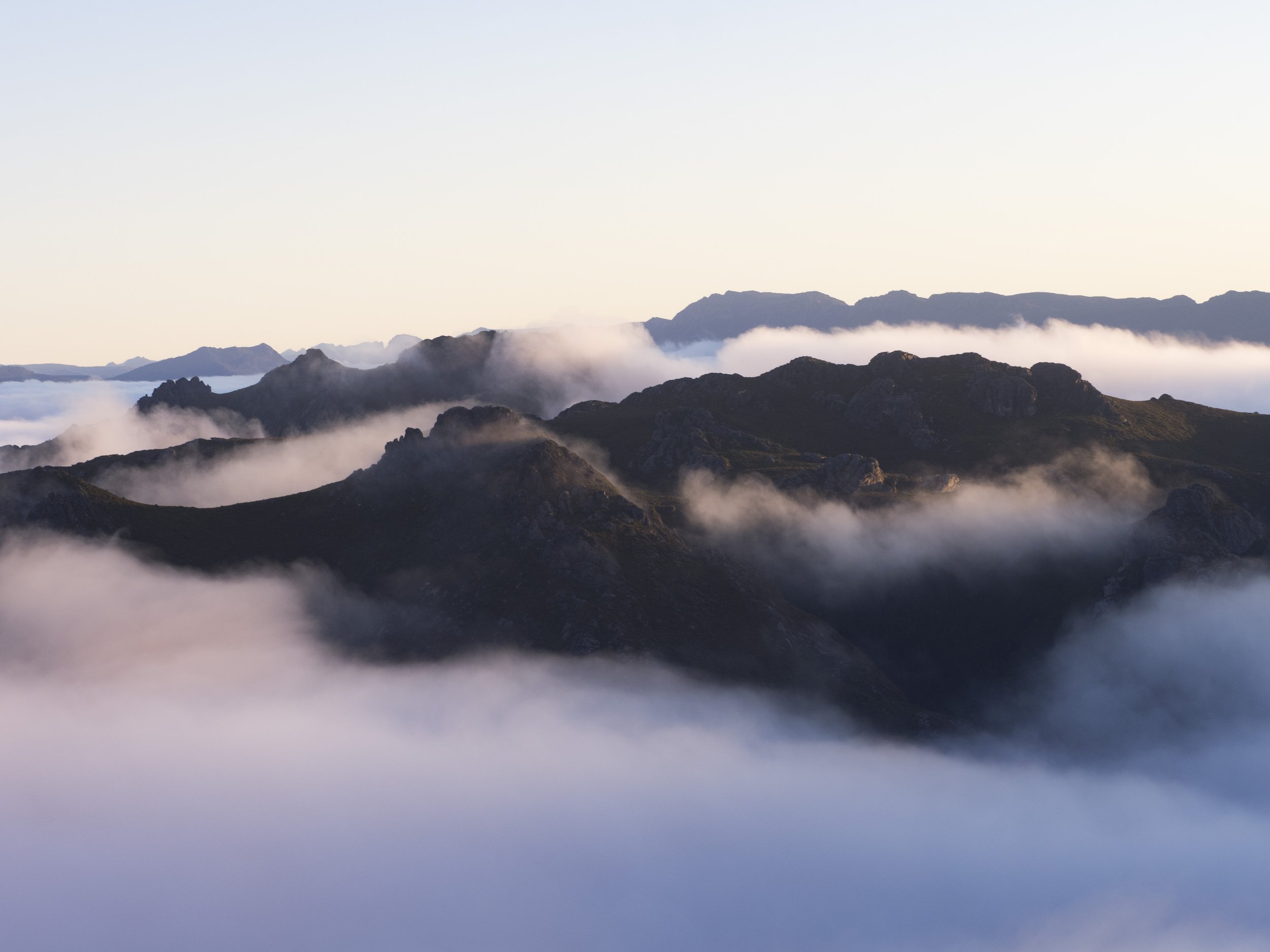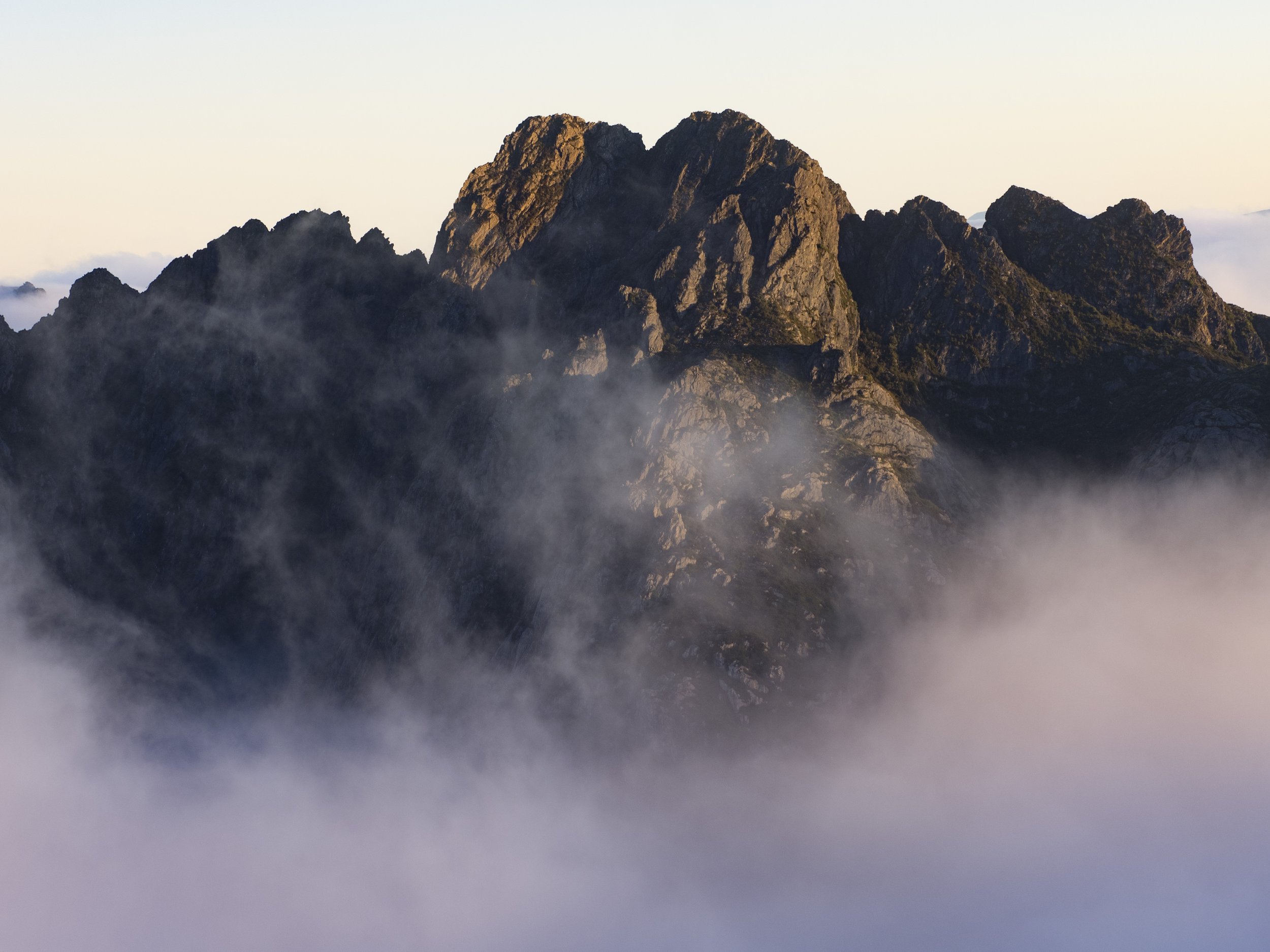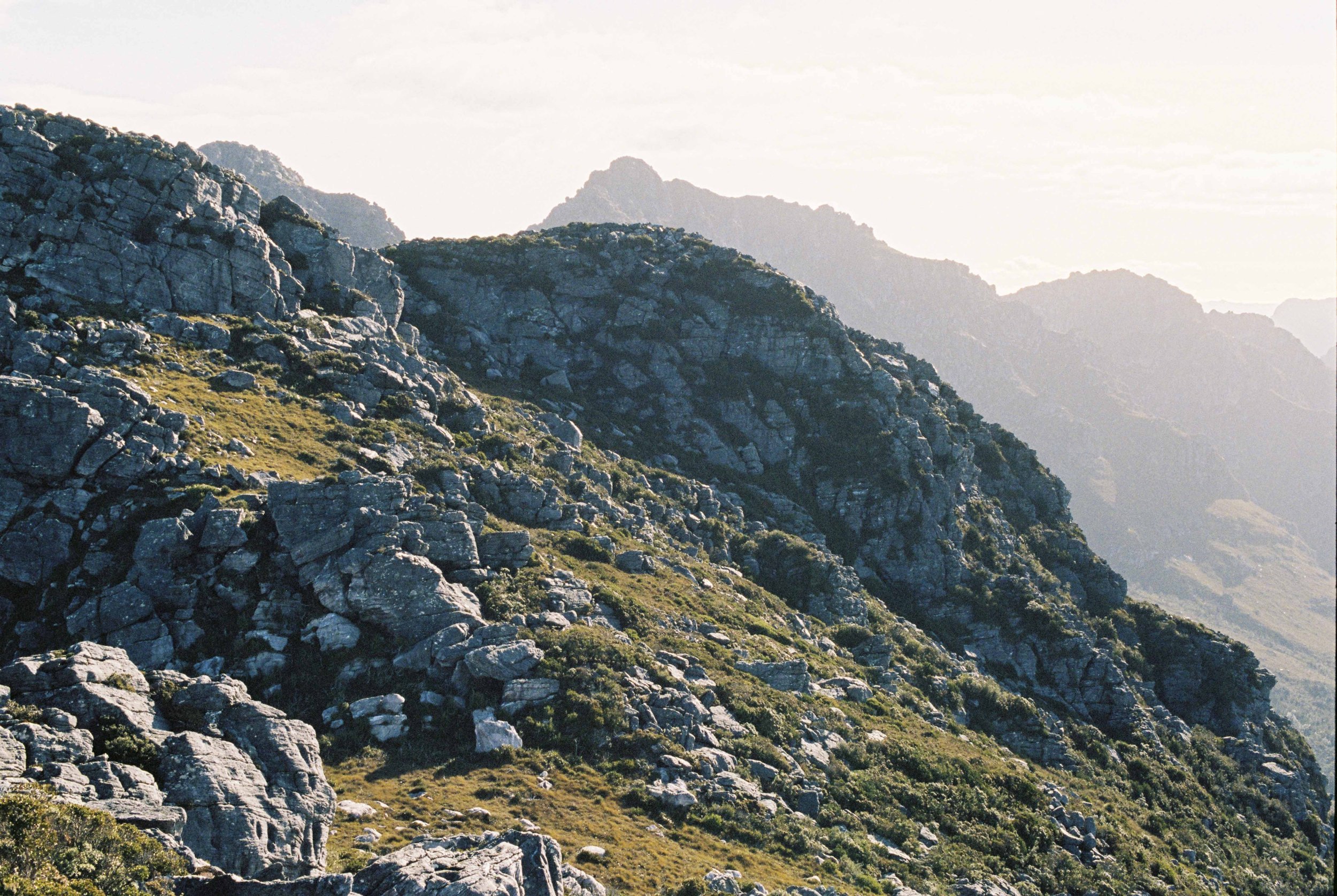“If we want to change the world we have to begin by changing ourselves.” -Dalai Lama
The donkey and the dogs
There is this donkey
That lives in the valley
And every morning
It lets out a call.
It is a loud, fearsome sound,
and it echoes through the valley;
It leaves no doubt that
This donkey is kicking and alive.
The dogs in the valley
Await the donkey’s morning call
and upon hearing it
They join in with elongated howls.
This I call the Brushy Creek Chorus,
and it gives me heart,
For it tells me I am not
The only animal that needs to howl.
A.S. Lenah Valley, 31.5.21
Dog walking a man
I saw the perfect case of a dog
Walking a man this morning.
It was a solid bull dog,
Pulling a chubby, middle aged man
By the leash, and while
The man held the upper hand
It was clear that the dog was
Leading the way.
I thought it was funny, you know,
When owners think they are
Going to walk their pets,
The pets probably think they
Are out to walk their owners.
A.S. Soho 16.4.20.
Glorious Rest
When your fuel tank is empty
and you’ve got nowhere to go
There is one place left always,
Remain where you find yourself to be.
The fallen leaf, drifting on a river
Lets itself be carried, is one with the flow,
It has nowhere else it would rather go
Than to meander on, from source to sea.
When you have worn yourself out
And you have a thousand tasks ahead
Sometimes it is worth admitting
That today is a glorious day of rest.
A.S. Lenah Valley. 27.09.2021
Fruition
A thought arrives
Snippet from a dream
It comes to us on gentle wings
Offers to help us carry that load.
Where will we go
Now that we can fly?
What are boundaries
When we can cross the sky?
Our bodies are the dust of stars
Our spirit is the yearning to be one
Like we were,
Before it all began.
A.S. Lenah Valley, 18.8.2021
